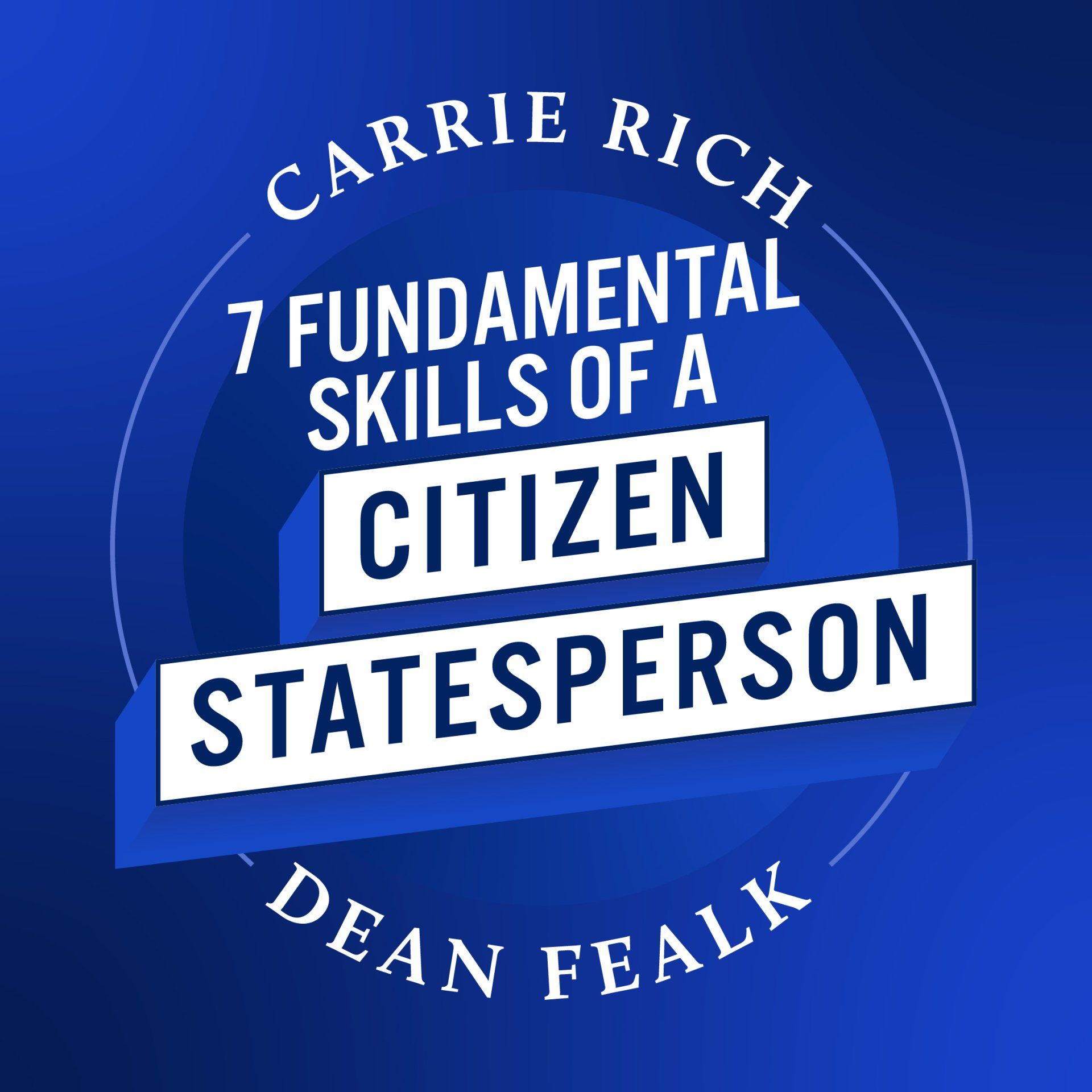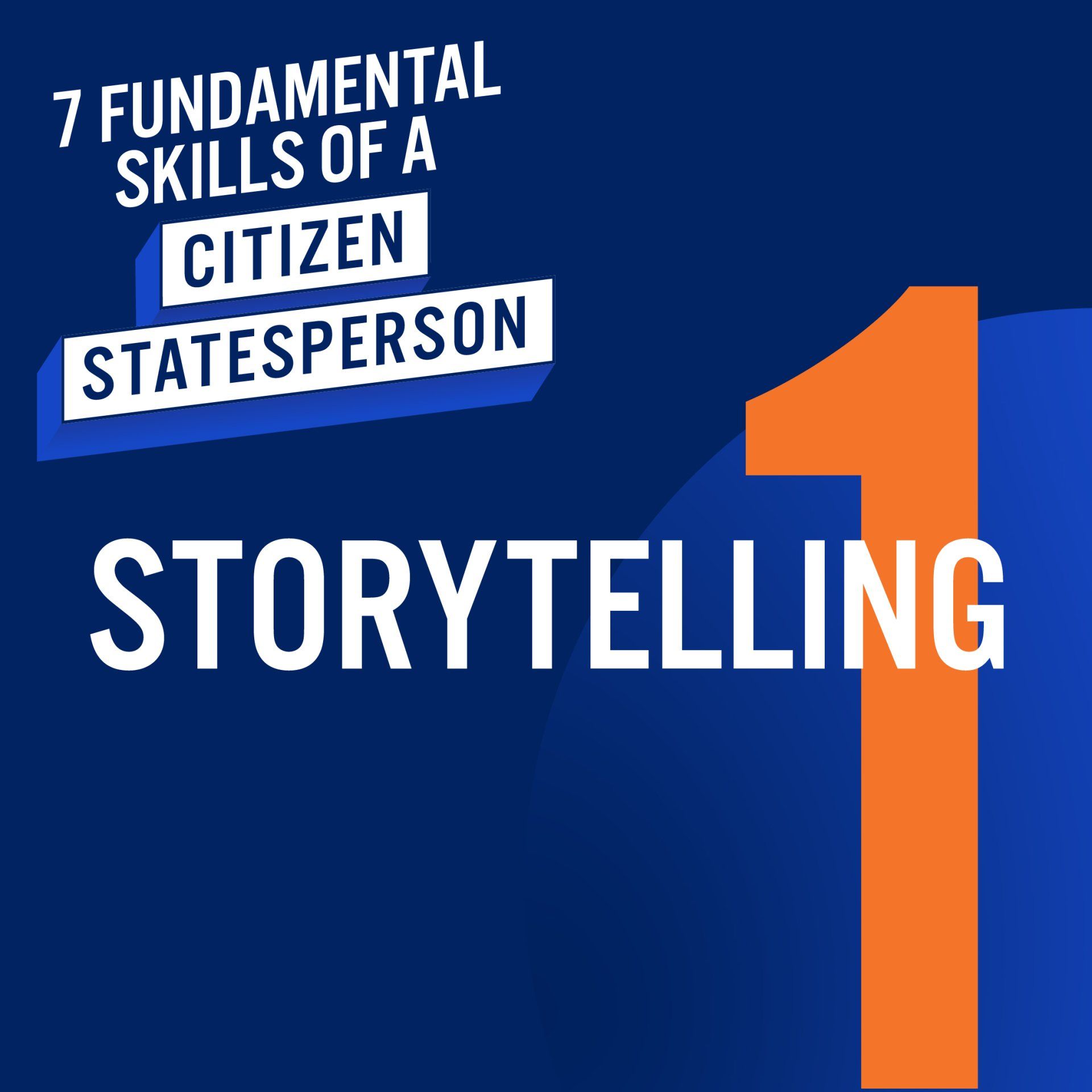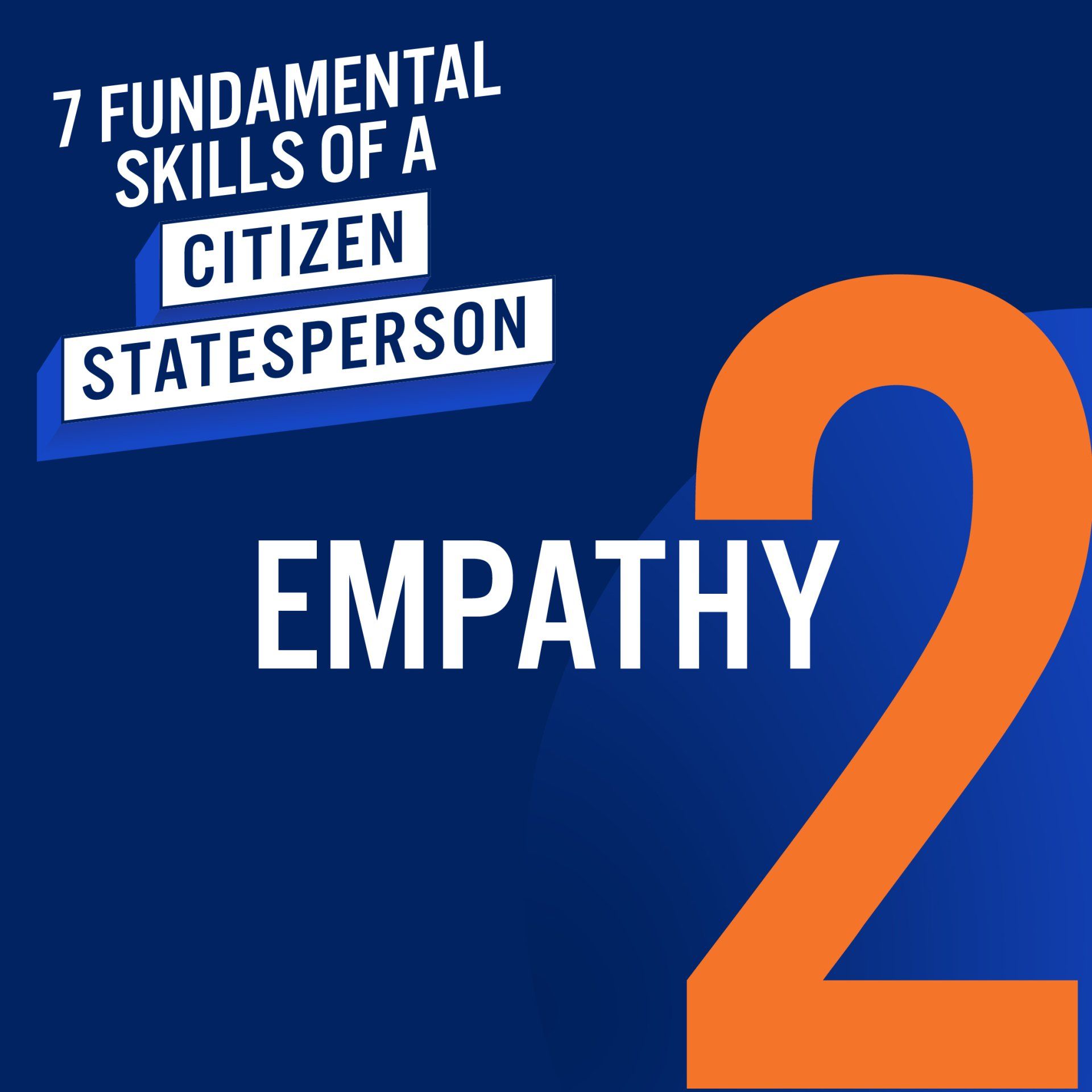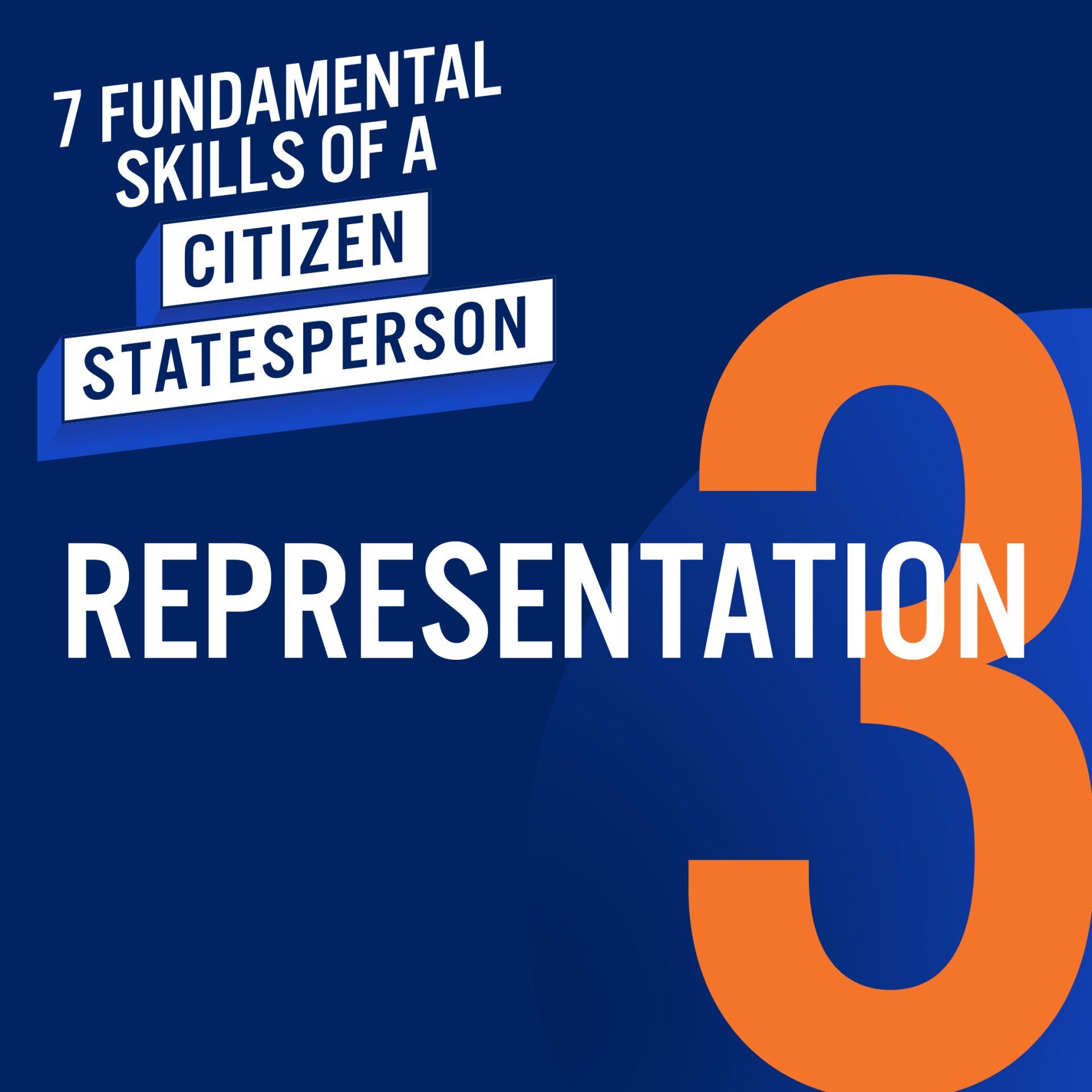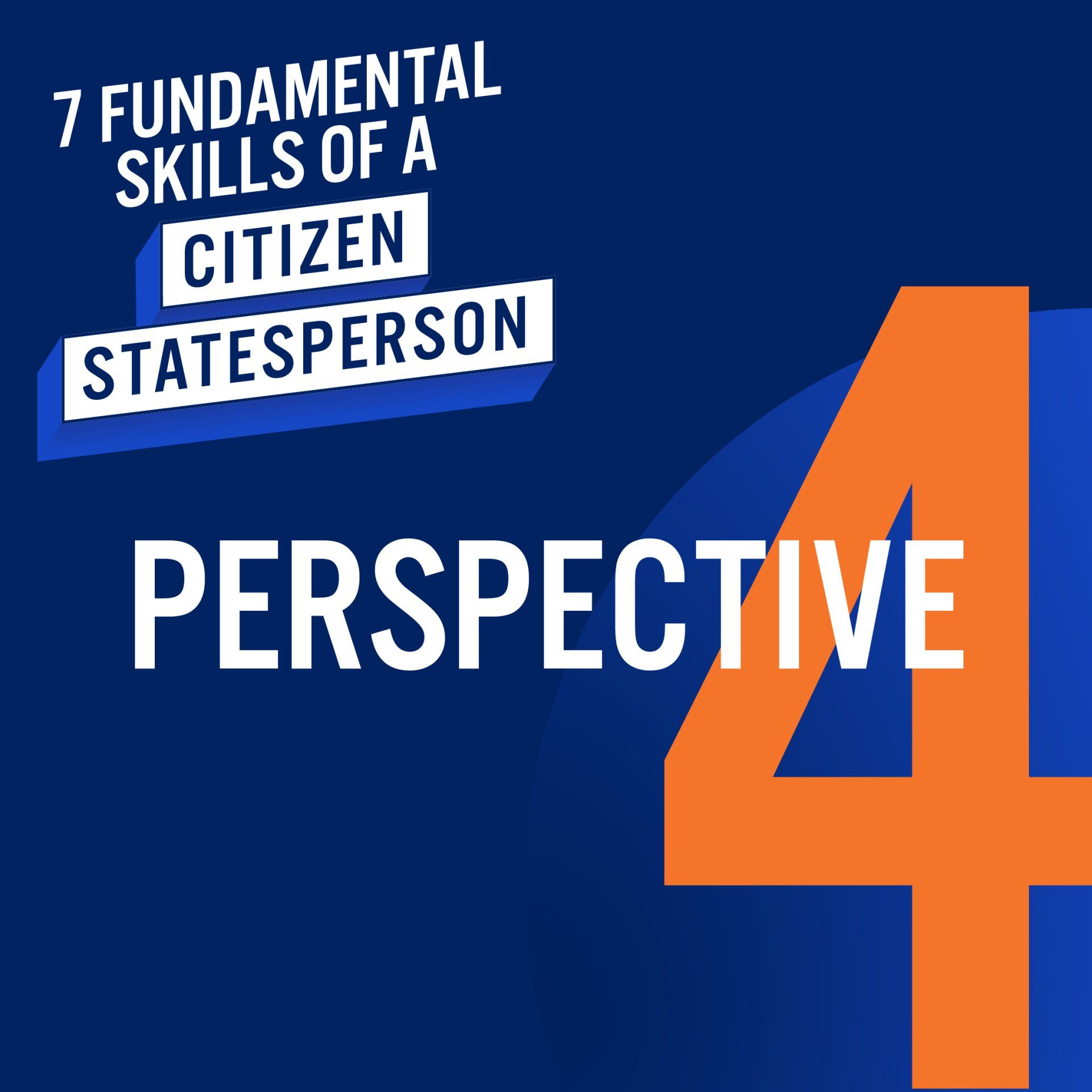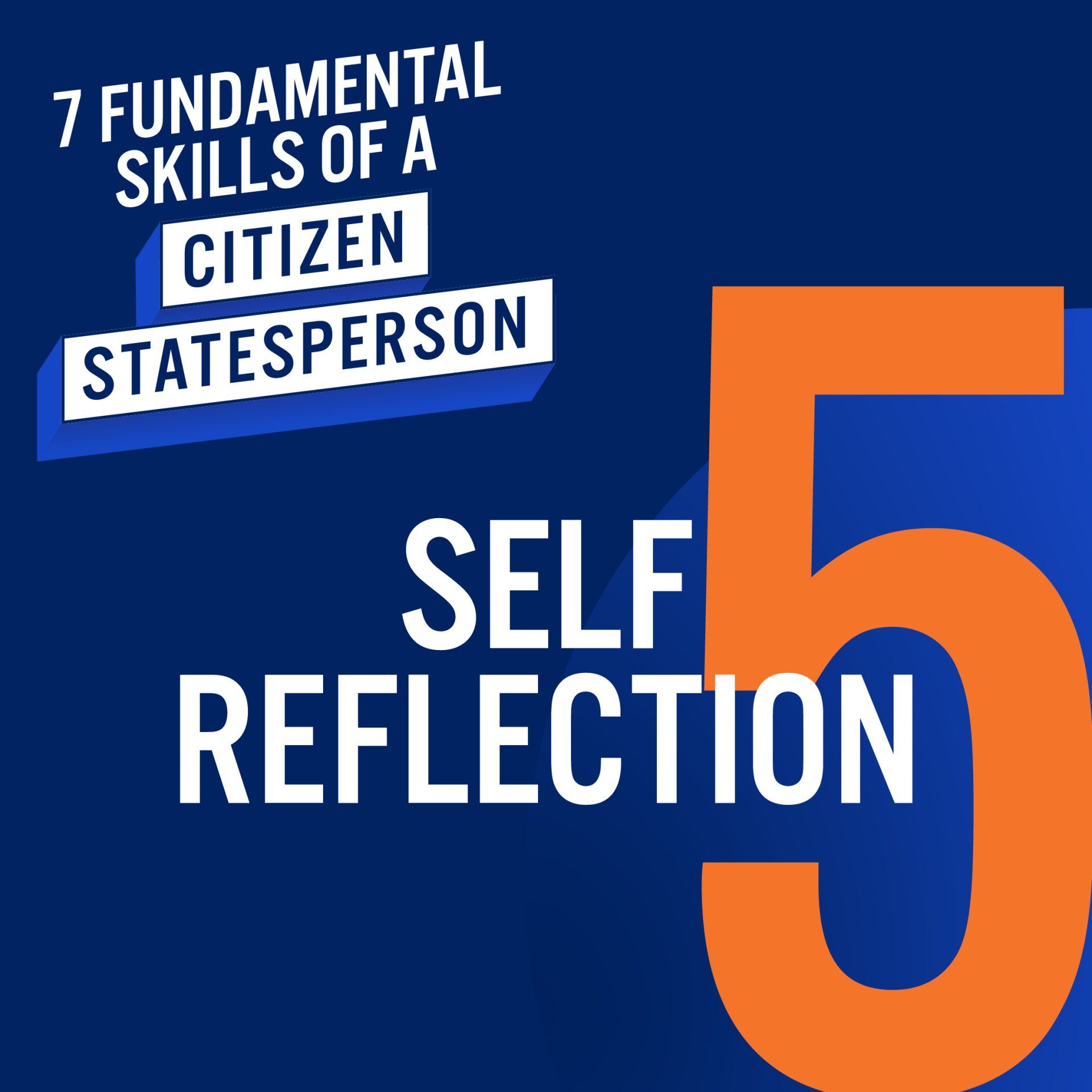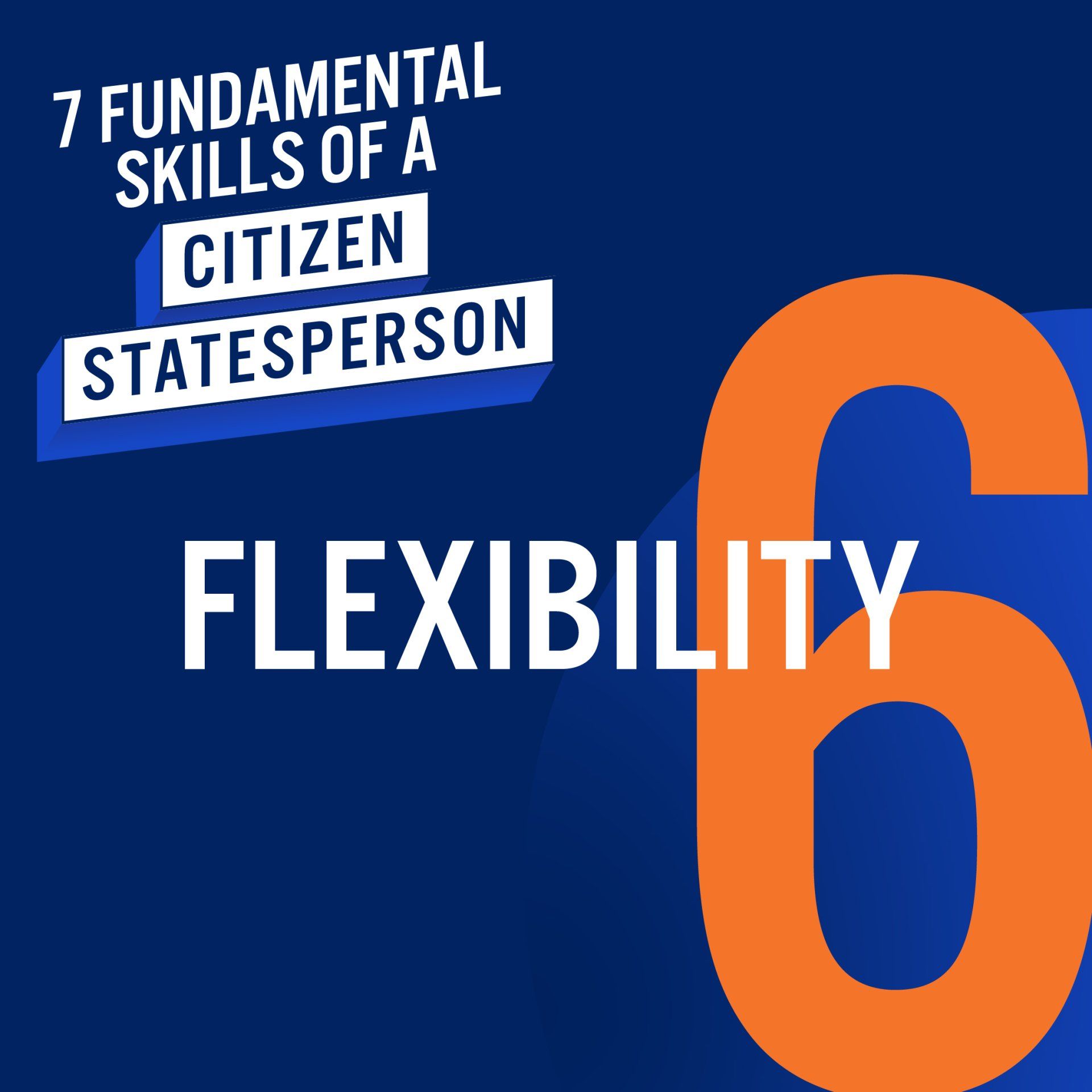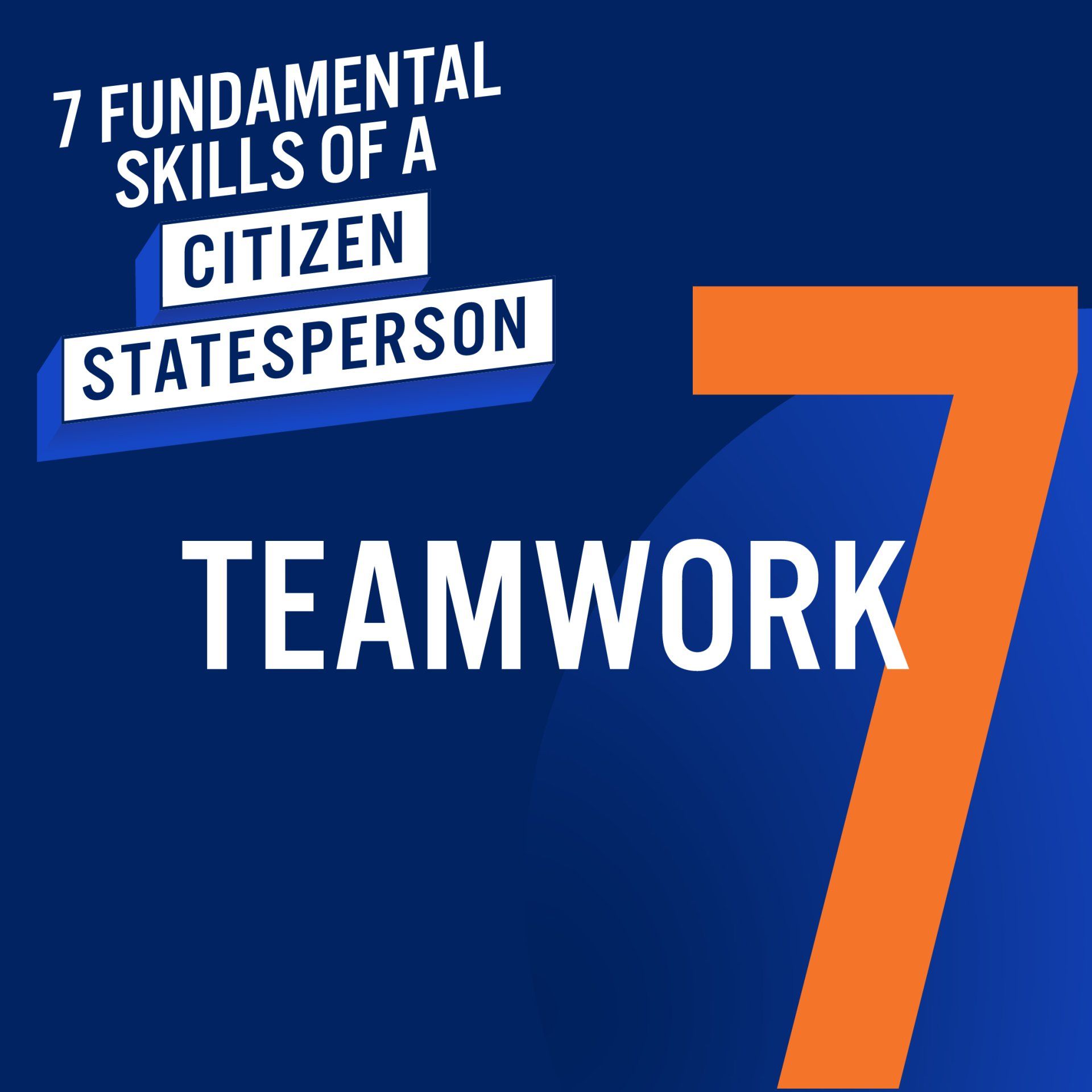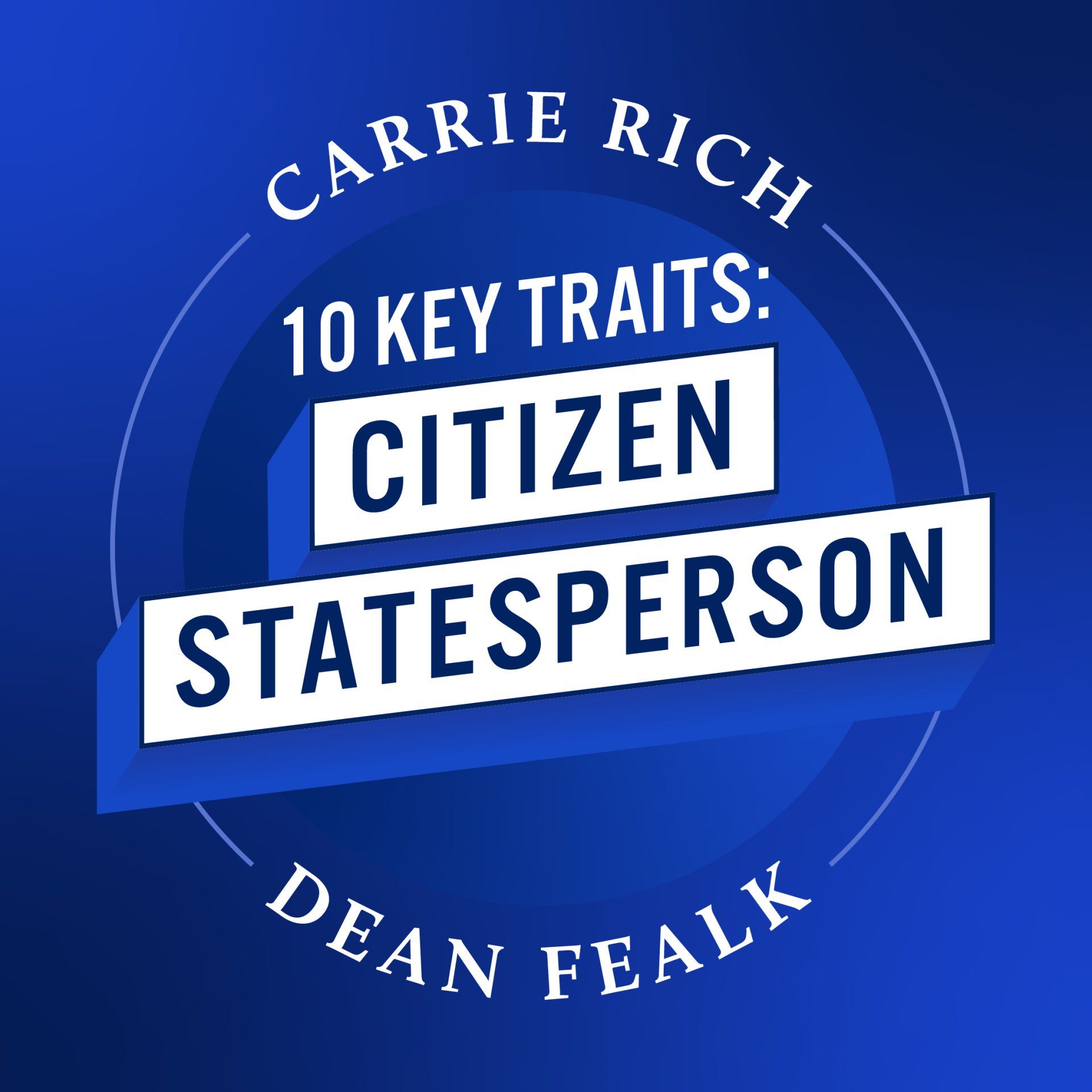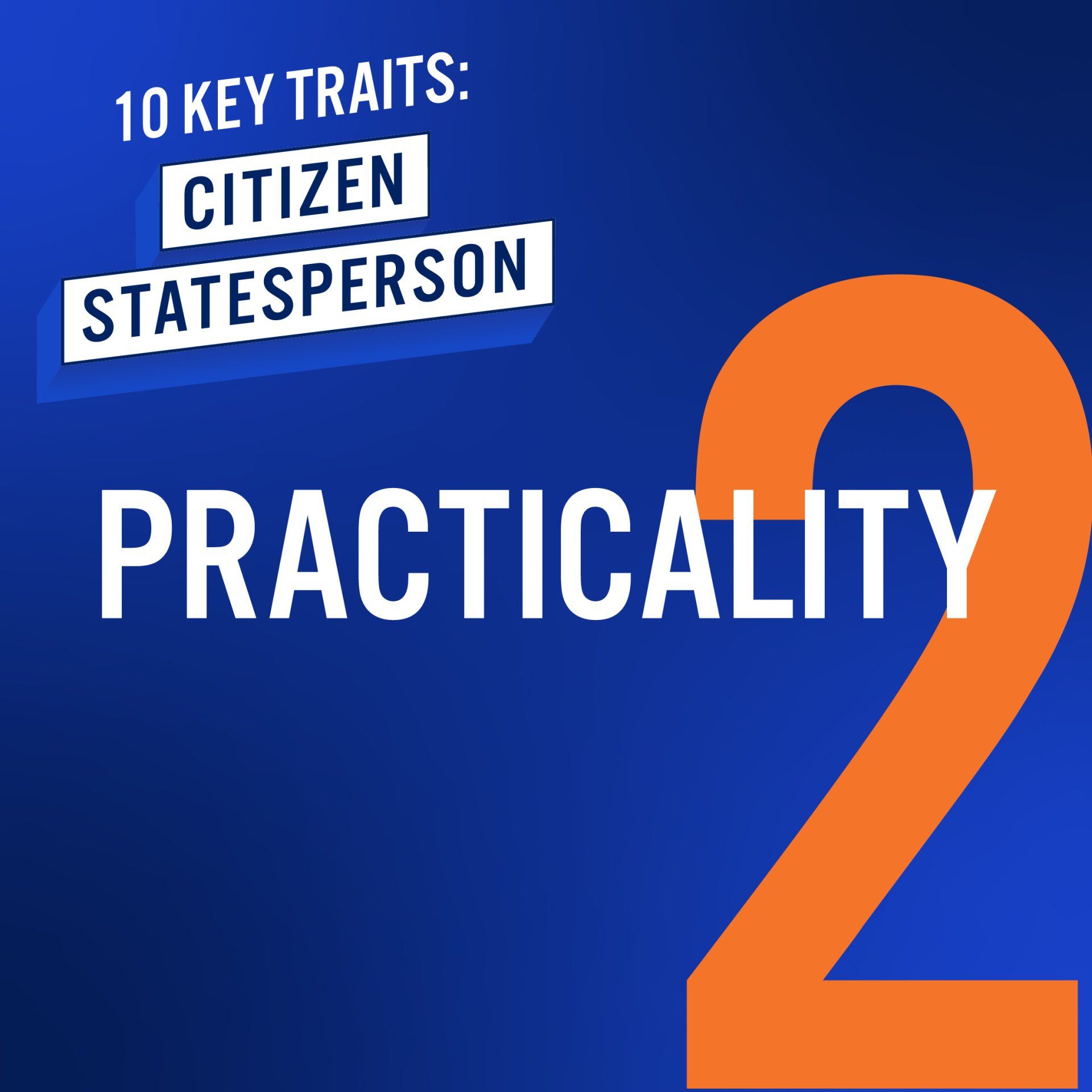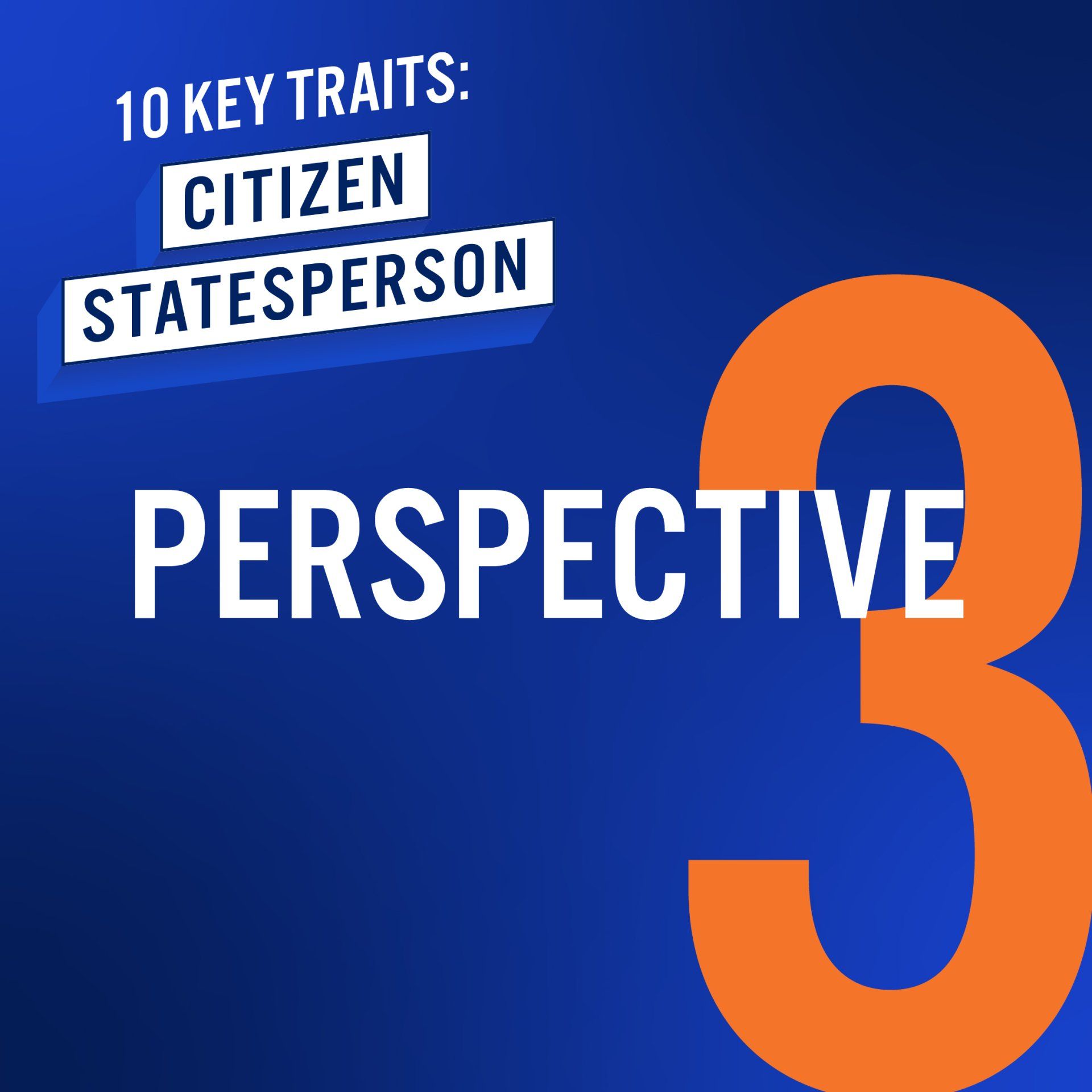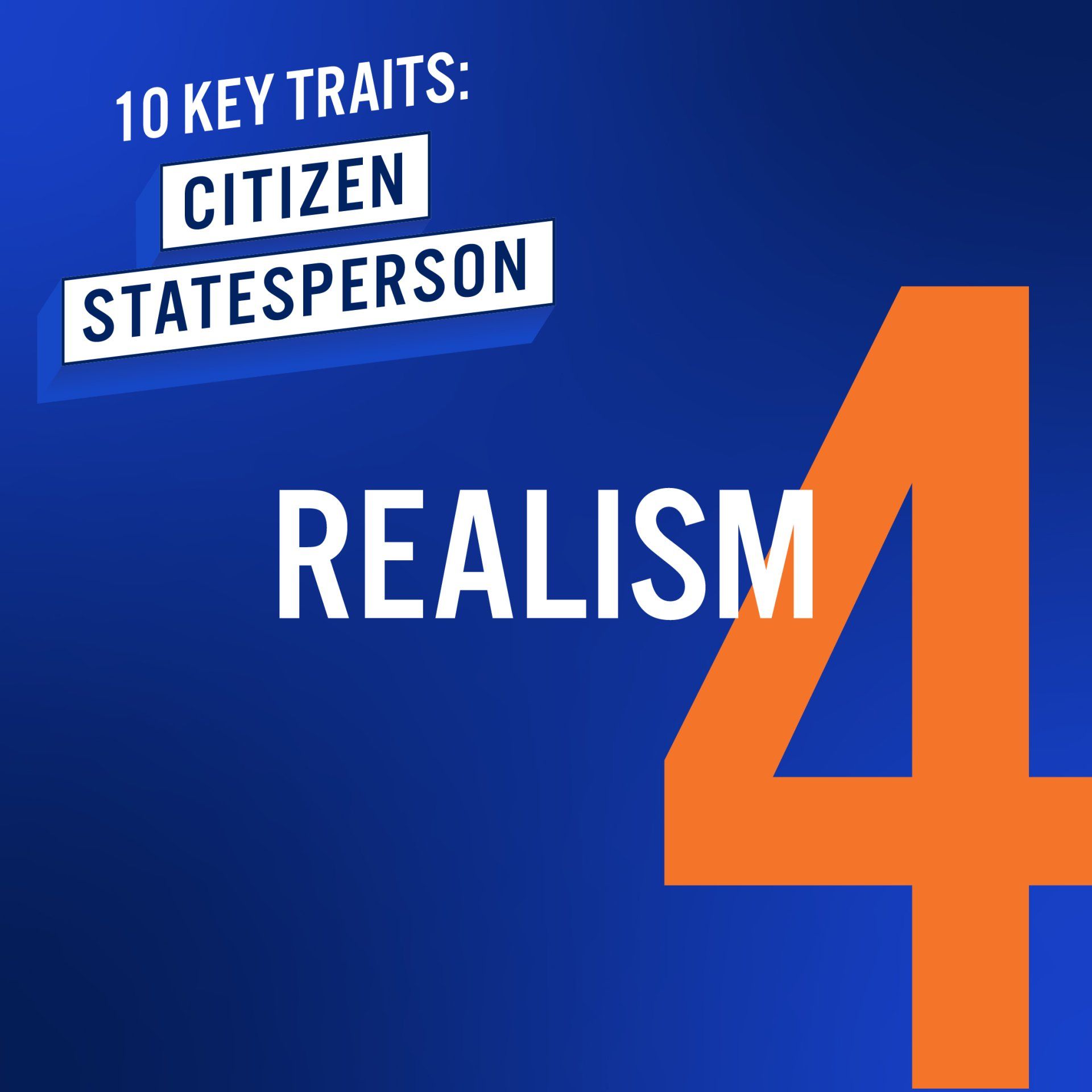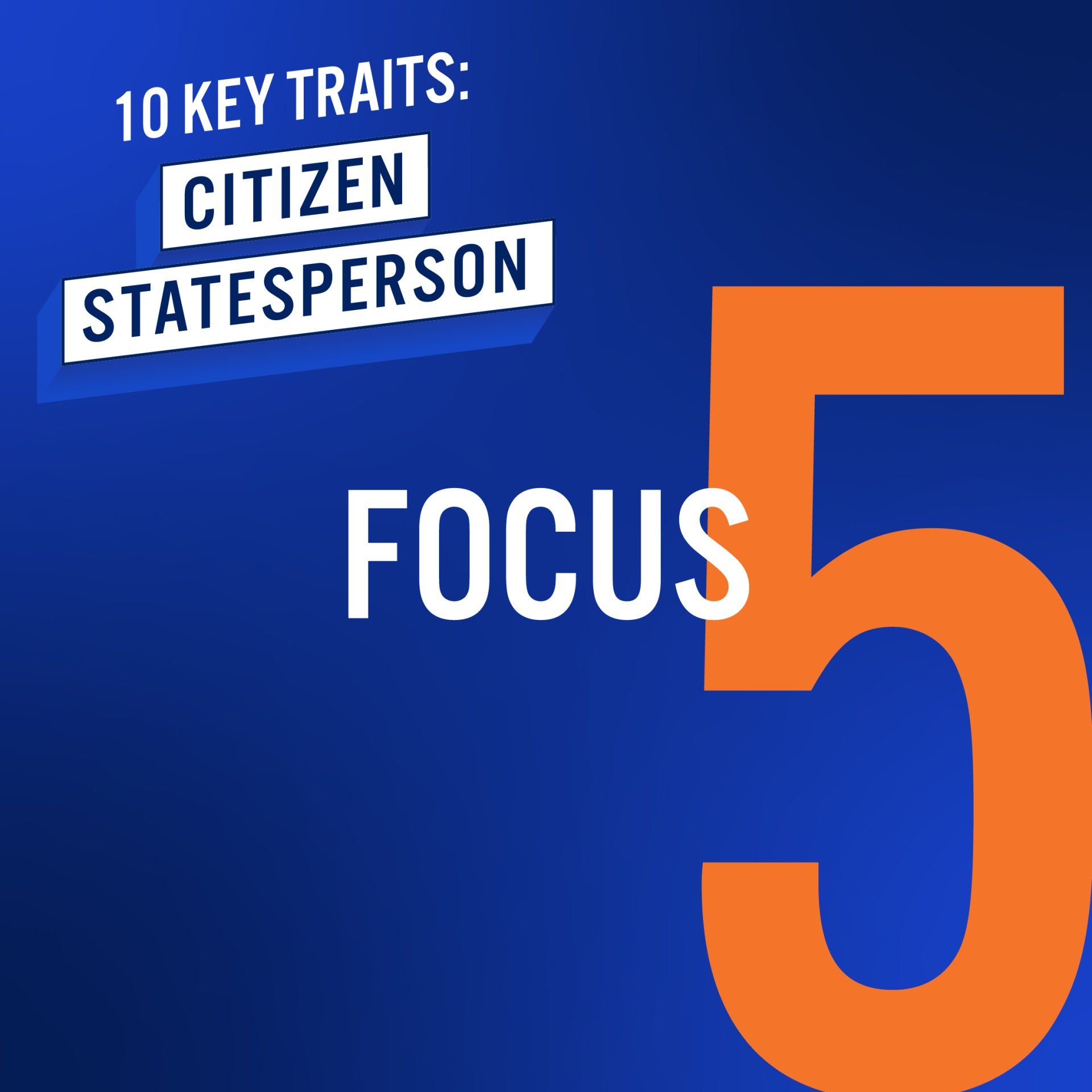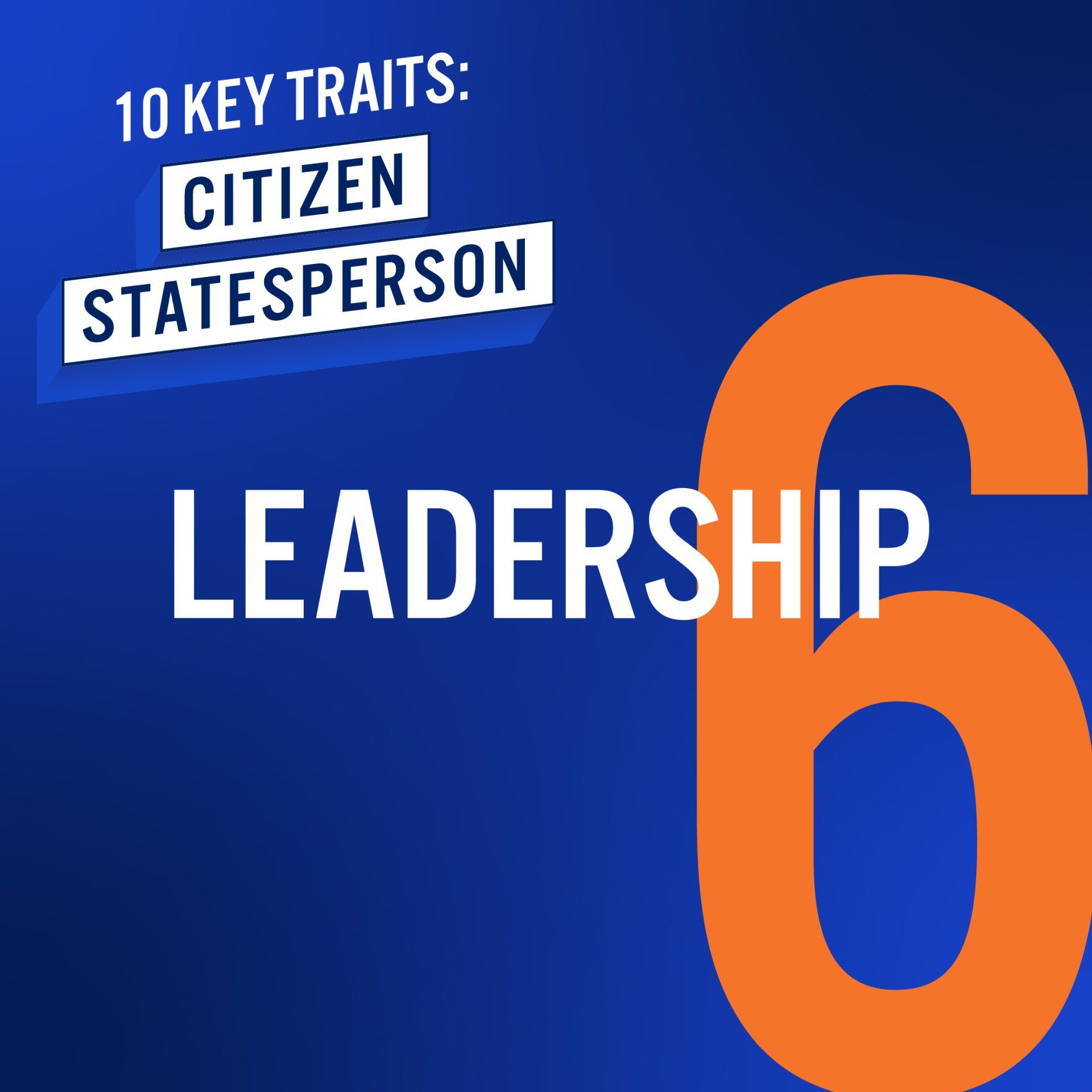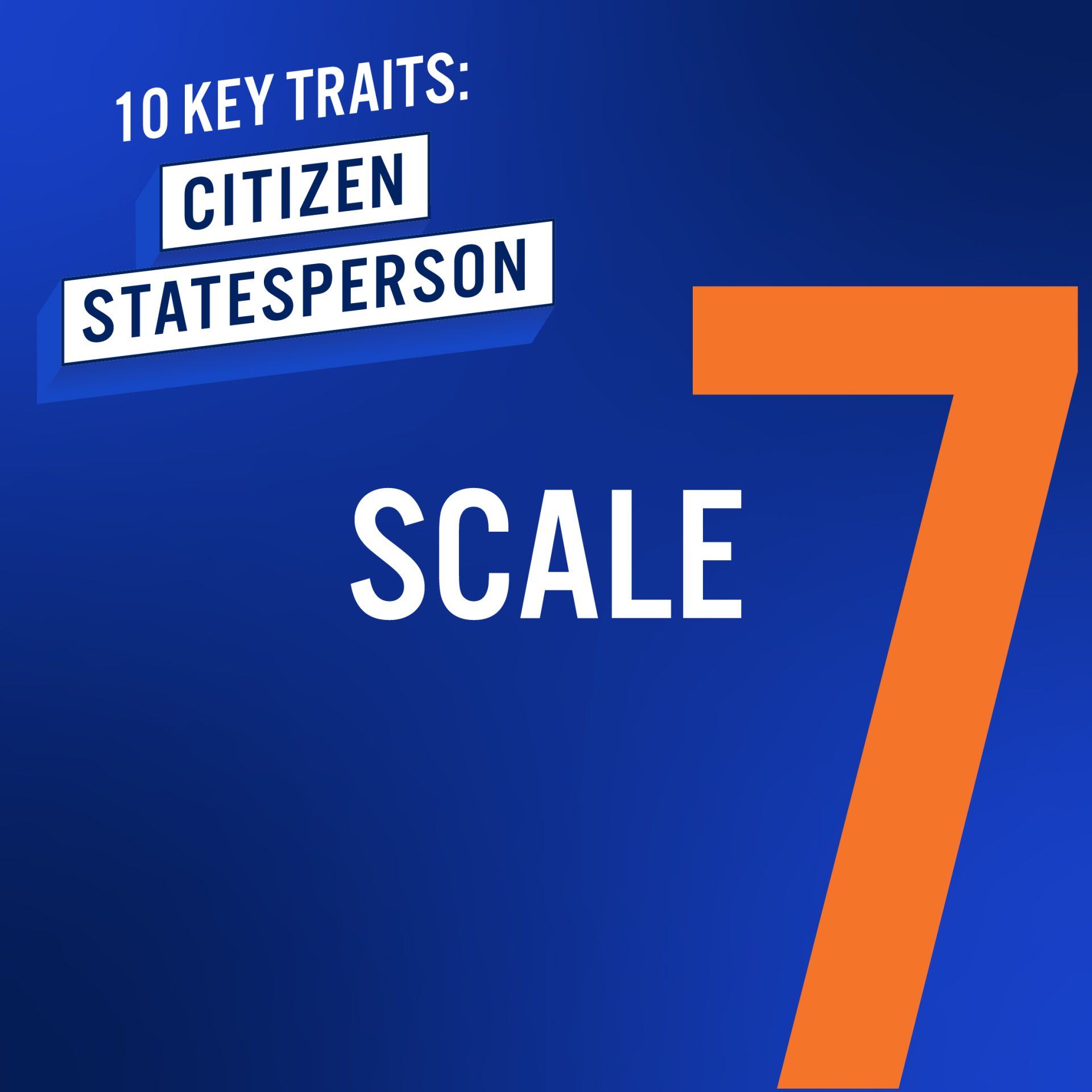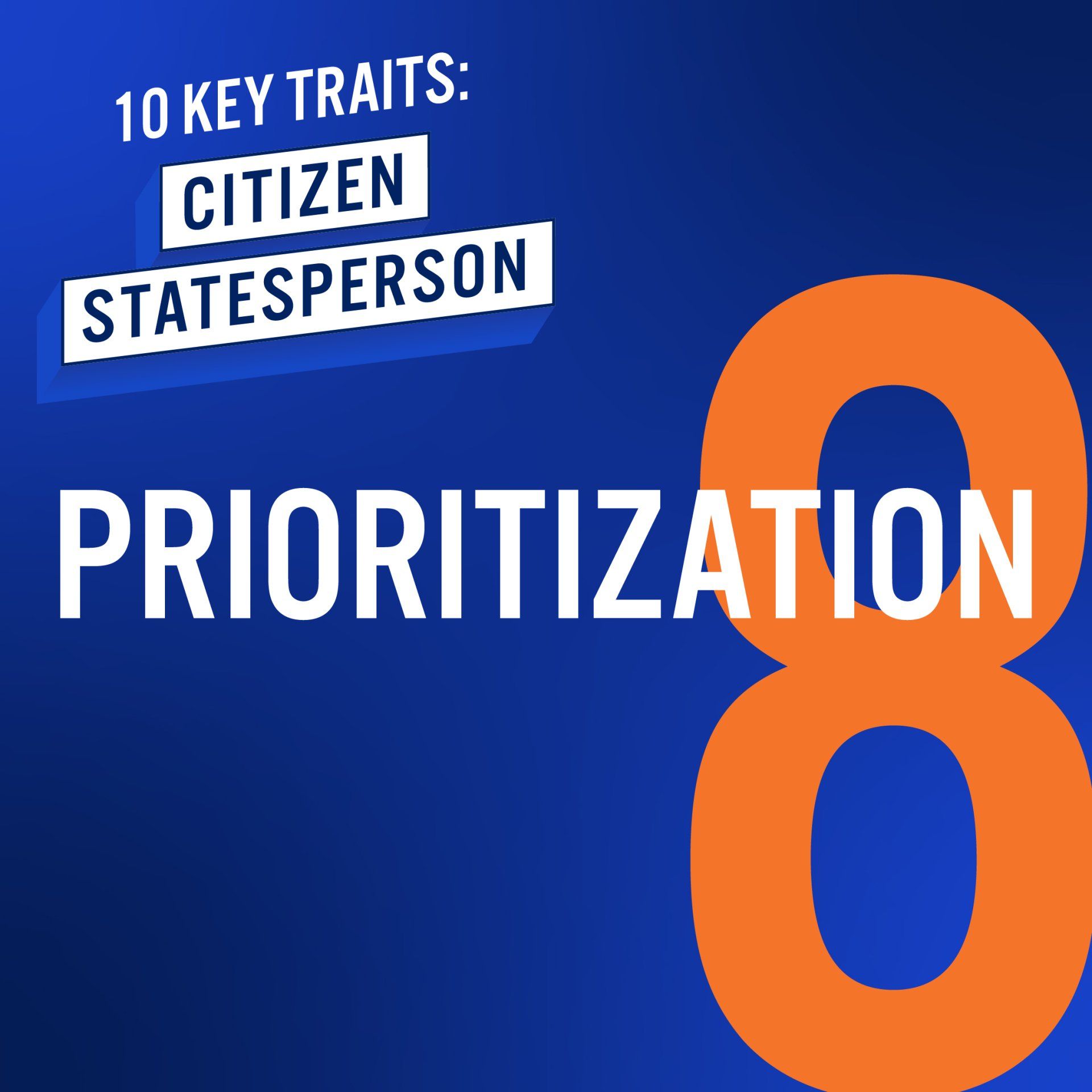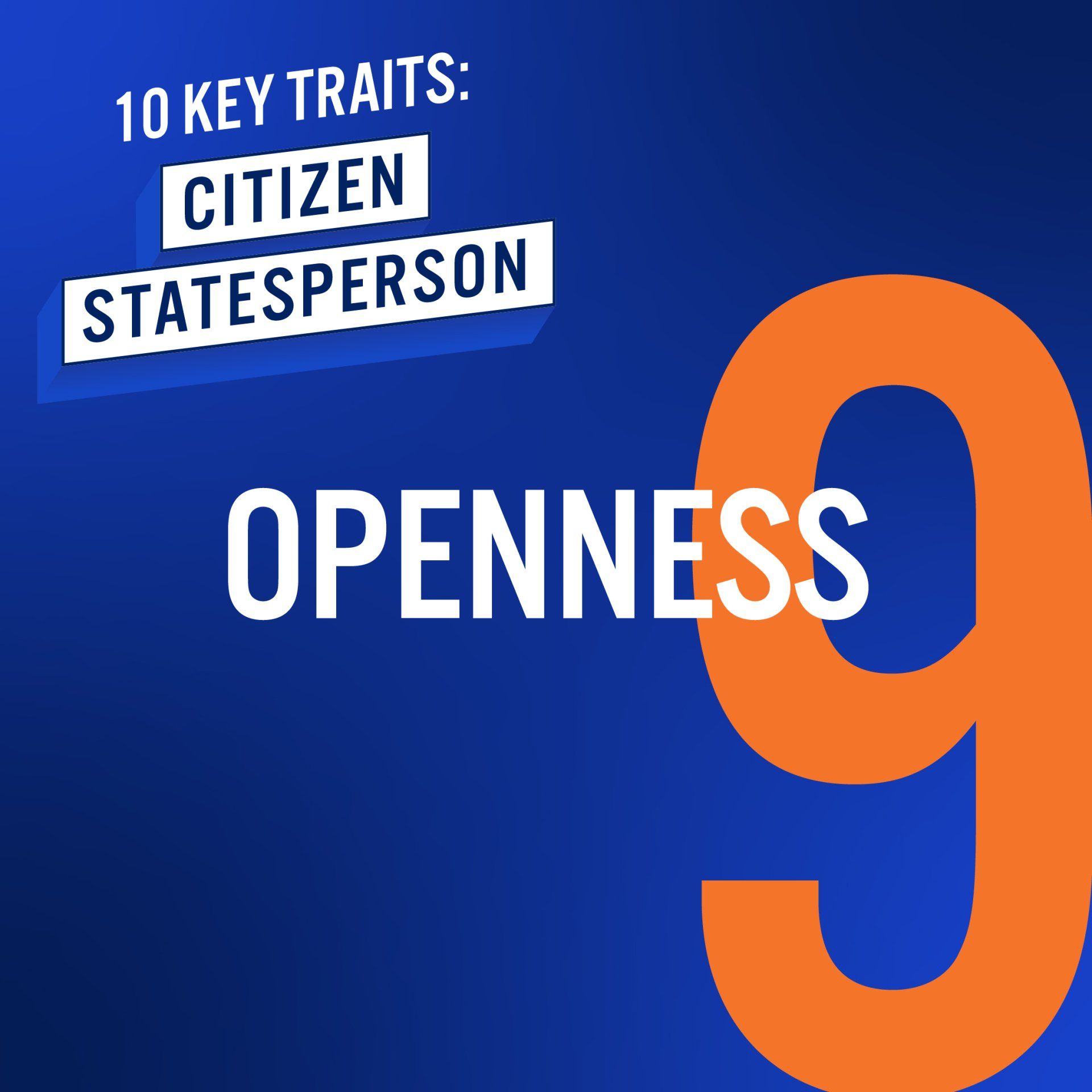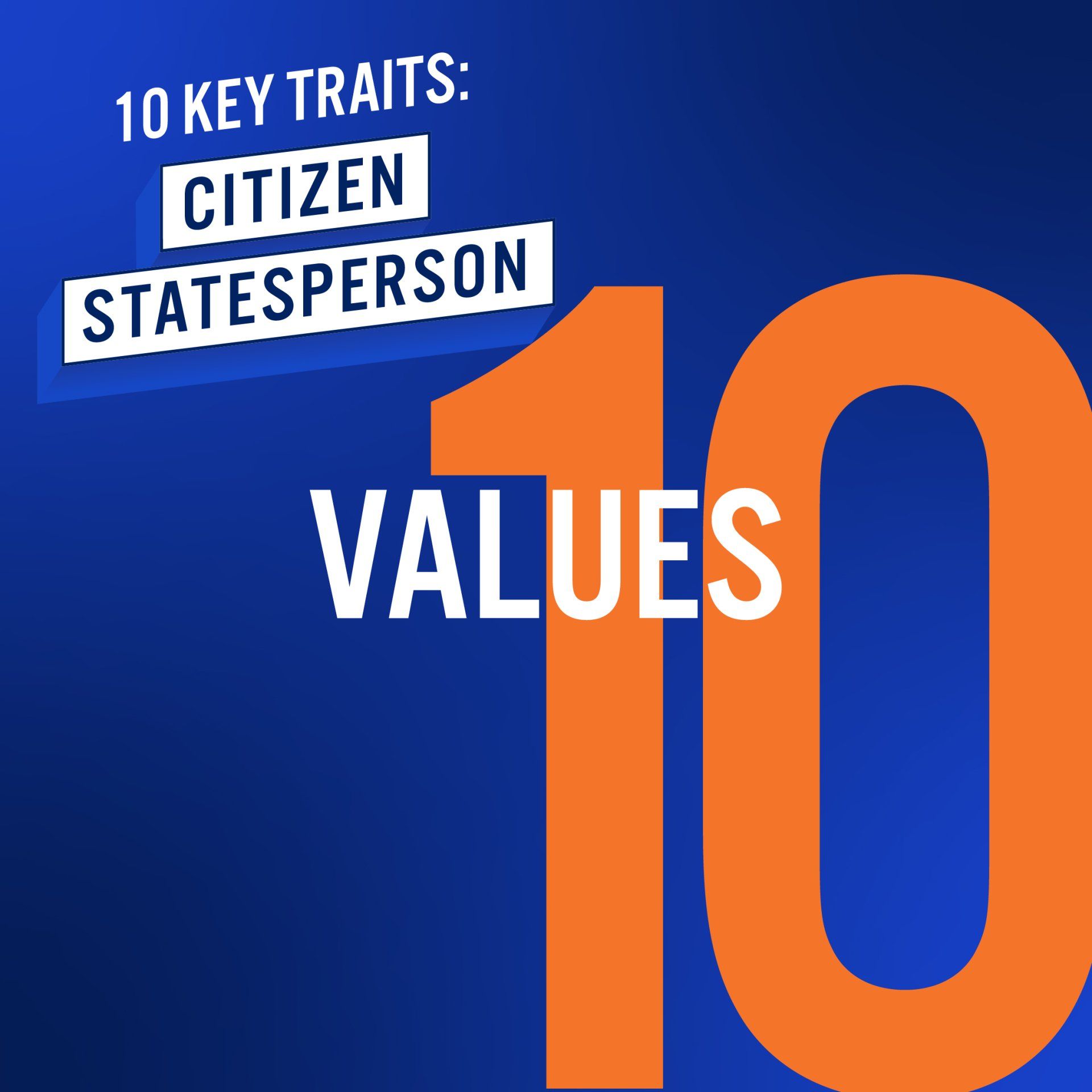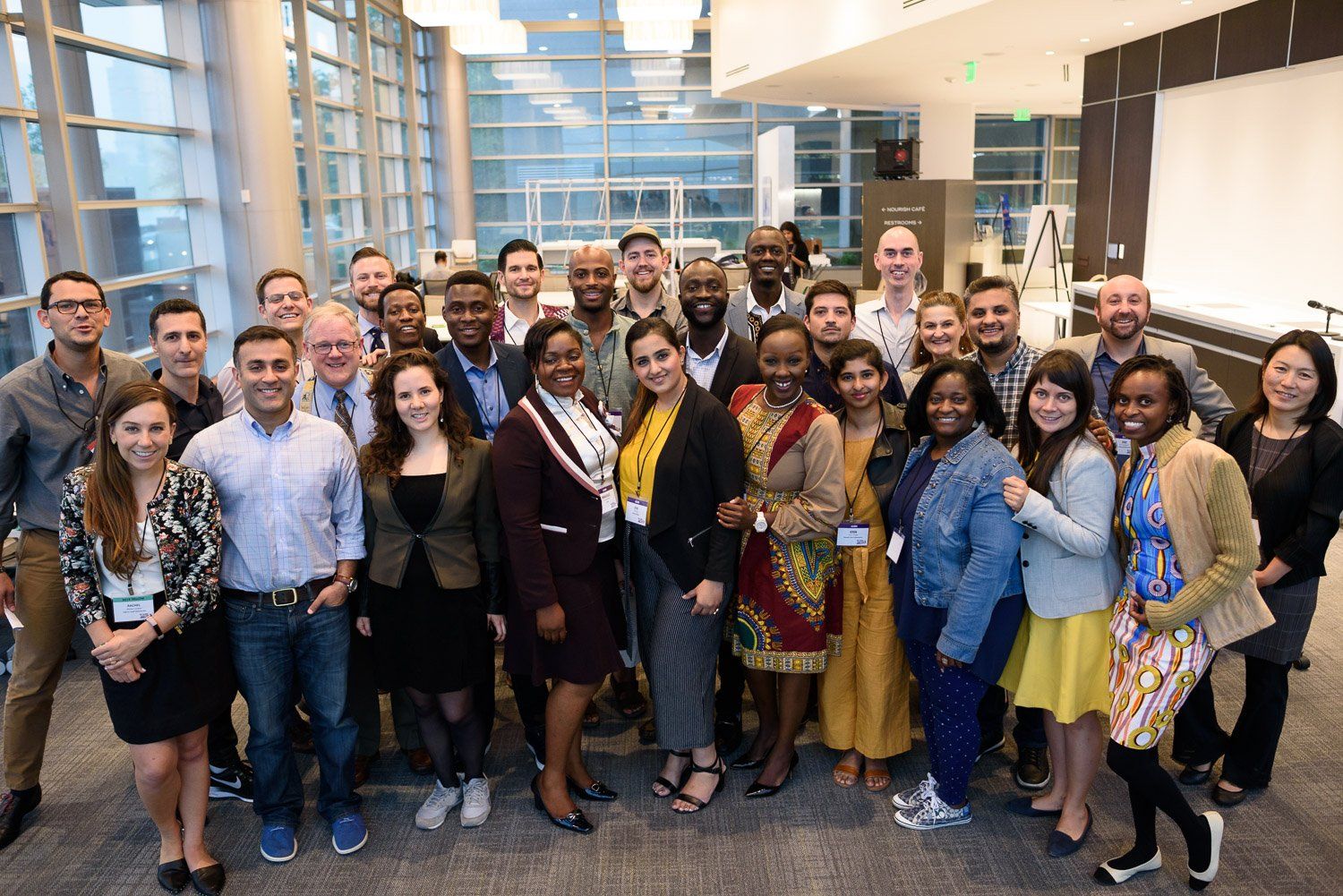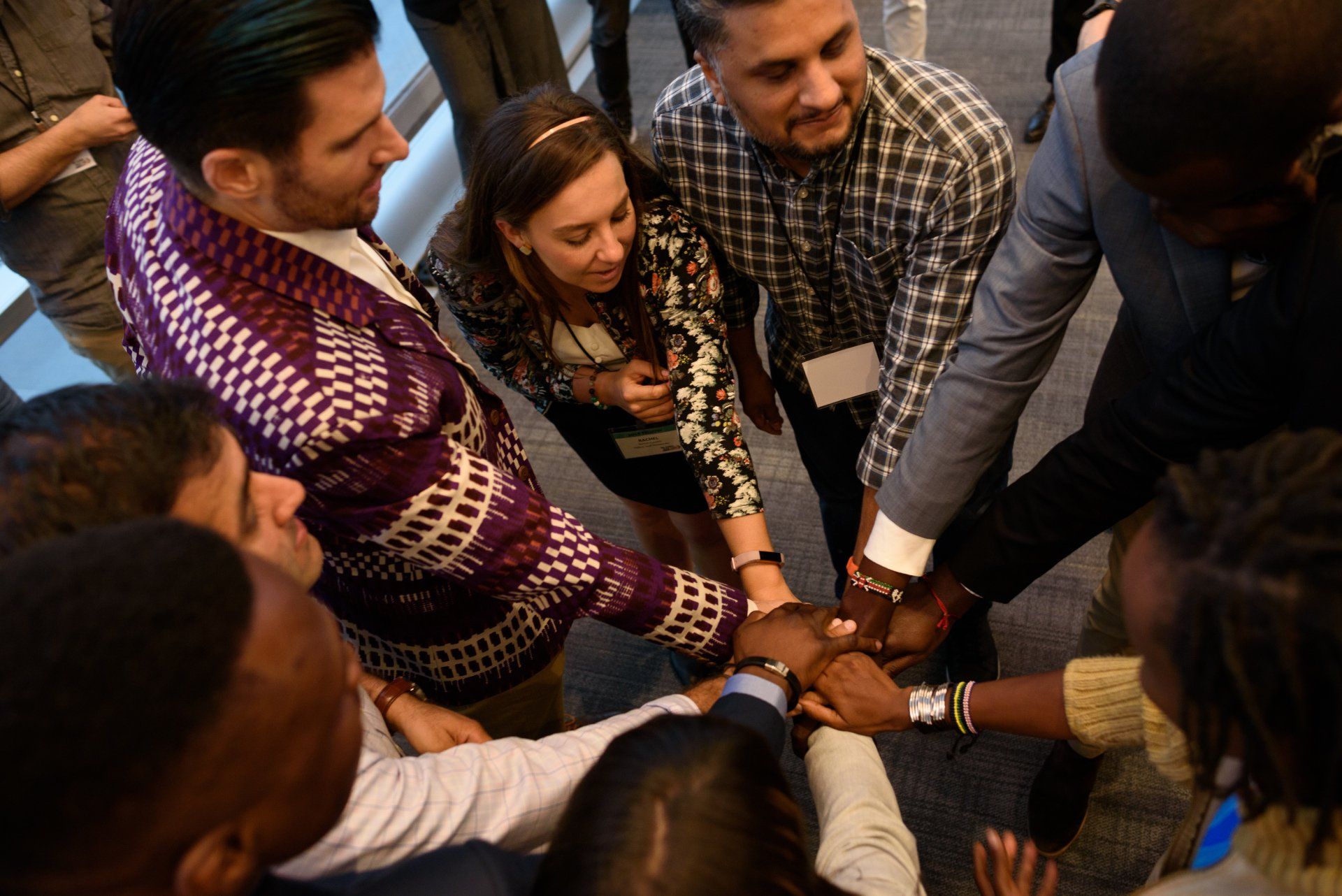
MAKE A GLOBAL IMPACT
AND CHANGE THE WORLD
A “citizen statesperson” is a superpowered individual committed to improving the community and the world through values and activism. Citizen statespersonship
isn’t a static achievement; it’s an ongoing effort to impact the world in varied, meaningful ways.
WALL STREET JOURNAL BESTSELLER
For a complete guide on how you can maximize your potential and find ways to serve your community and beyond, read
Impact the World: Live Your Values and Drive Changes as a Citizen Statesperson.

WHY DOES BEING A CITIZEN STATESPERSON MATTER RIGHT NOW?
Three dynamics drive the need and opportunity for citizen statespeople at this moment:
- People have lost confidence in traditional institutions of power and influence. This includes our law-making bodies, politicians, businesses, and news media.
- The Internet and increased connectivity is making it easier for a person not only to take action in their own community, but to scale their efforts quickly and effectively—allowing good ideas to find larger audiences and create broader global impact.
- A new generation of impact-minded individuals is coming of age, committed to driving change in meaningful and multifaceted ways.
HOW DO I BECOME A CITIZEN STATESPERSON?
Within Impact the World, Carrie Rich and Dean Fealk outline the steps of practicing citizen statespersonship and maximizing your impact.
- The first phase of becoming a citizen statesperson involves finding your cause, building your personal brand, developing your knowledge base, and cultivating your network.
- The second phase of becoming a citizen statesperson involves leveraging your expertise and network to step into your leadership and become a catalyst for change.
- The third phase of becoming a citizen statesperson involves mentoring and developing emerging leaders to support your cause, thereby increasing your bandwidth for strategic involvement.
You don’t need a particular degree or specific job in a particular field—each citizen statesperson’s journey is their own and they bring a unique perspective and skillset.
RESOURCES
For those embarking on their journey as citizen statespeople or looking to expand their awareness of fundraising outlets for social entrepreneurs, examine this list of resources.
